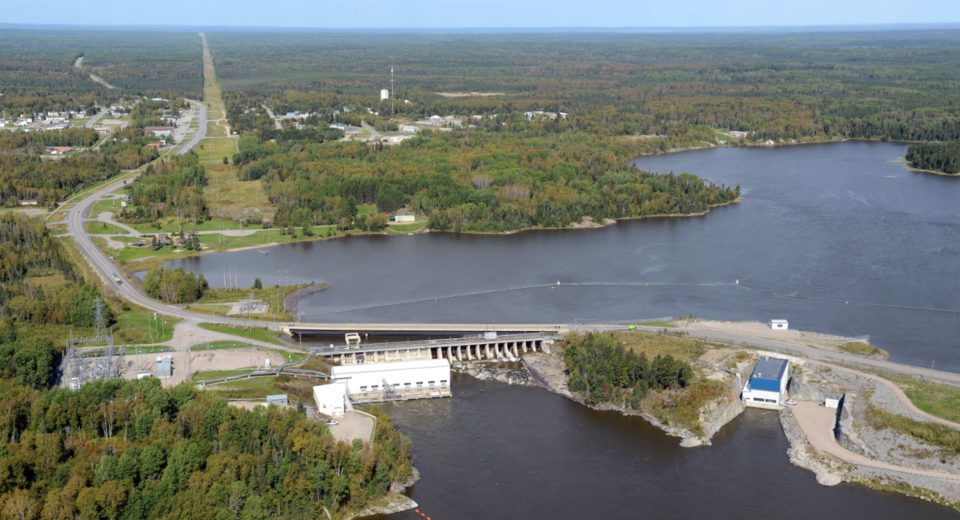OTTAWA — In a case that has national significance, the Supreme Court of Canada on Tuesday will consider a claim from a Northwestern Ontario First Nation for compensation for the flooding of reserve land over 90 years ago.
Lac Seul First Nation was previously awarded $30 million, but maintains that the sum was calculated unfairly by a judge.
LSFN lost over 11,000 acres (4450 hectares) of territory in 1929 when the Ear Falls power dam was built after Canada, Ontario and Manitoba signed the Lac Seul Storage Agreement.
The federal government did not ask for the First Nation's consent for the project, which rendered nearly one-fifth of the reserve unusable.
In addition, timber was lost, graves were desecrated, homes and fields were destroyed, and portions of the reserve were severed from each other.
First Nation members have said erosion continues to expose burial sites, and that remains are being washed away into the lake, a situation MPP Sol Mamakwa (Kiiwetinoong) describes as traumatic.
In an action initiated in 1985, LSFN claimed damages from Canada.
In 2017, the Federal court ruled that the government had breached its fiduciary duties to the community under the Indian Act and Treaty # 3.
It awarded LSFN $30 million in compensation based on the fair market value of the land at the time it was flooded, plus compounded interest since 1929.
The court noted that the government could have expropriated the reserve land for public works without obtaining Lac Seul First Nation's permission.
However, LSFN appealed on the basis that the trial judge erred in his calculation of equitable compensation by failing to include the value of a revenue-sharing agreement.
In 2019, in a 2-1 ruling, three justices of the Federal Court of Appeal upheld the lower court's assessment of compensation.
The case is seen as an important precedent for the country and for its First Nations.
Kate Gunn, a lawyer at First Peoples Law Corporation in Vancouver, wrote earlier this year that it provides an opportunity for the Supreme Court to deliver "much-needed guidance on the approach to calculating compensation in relation to the unlawful taking of reserve lands."
Gunn represents Grand Council Treaty 3, one of multiple intervenors in the case.
The hearing is scheduled for 10:30 a.m. Tuesday in Ottawa.
